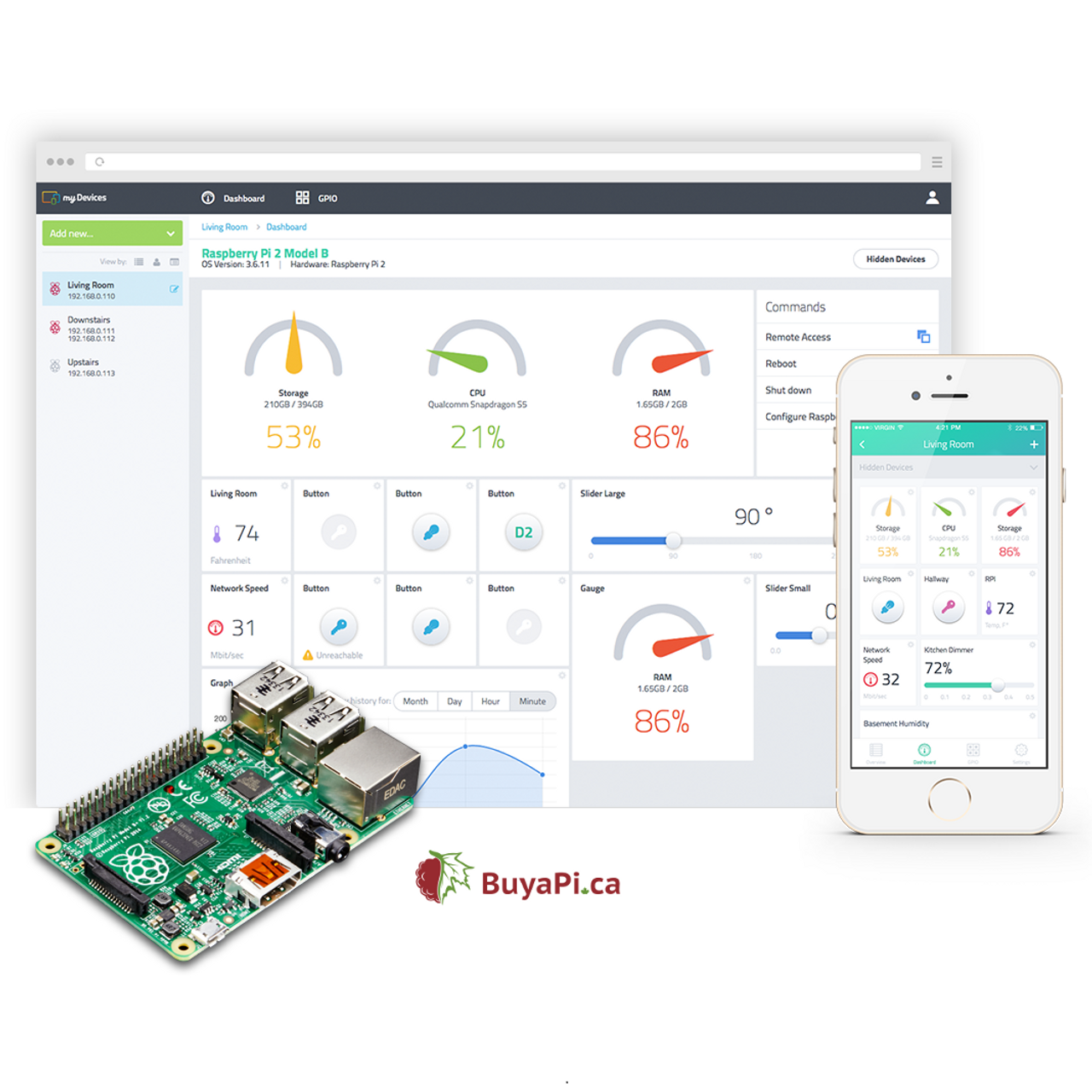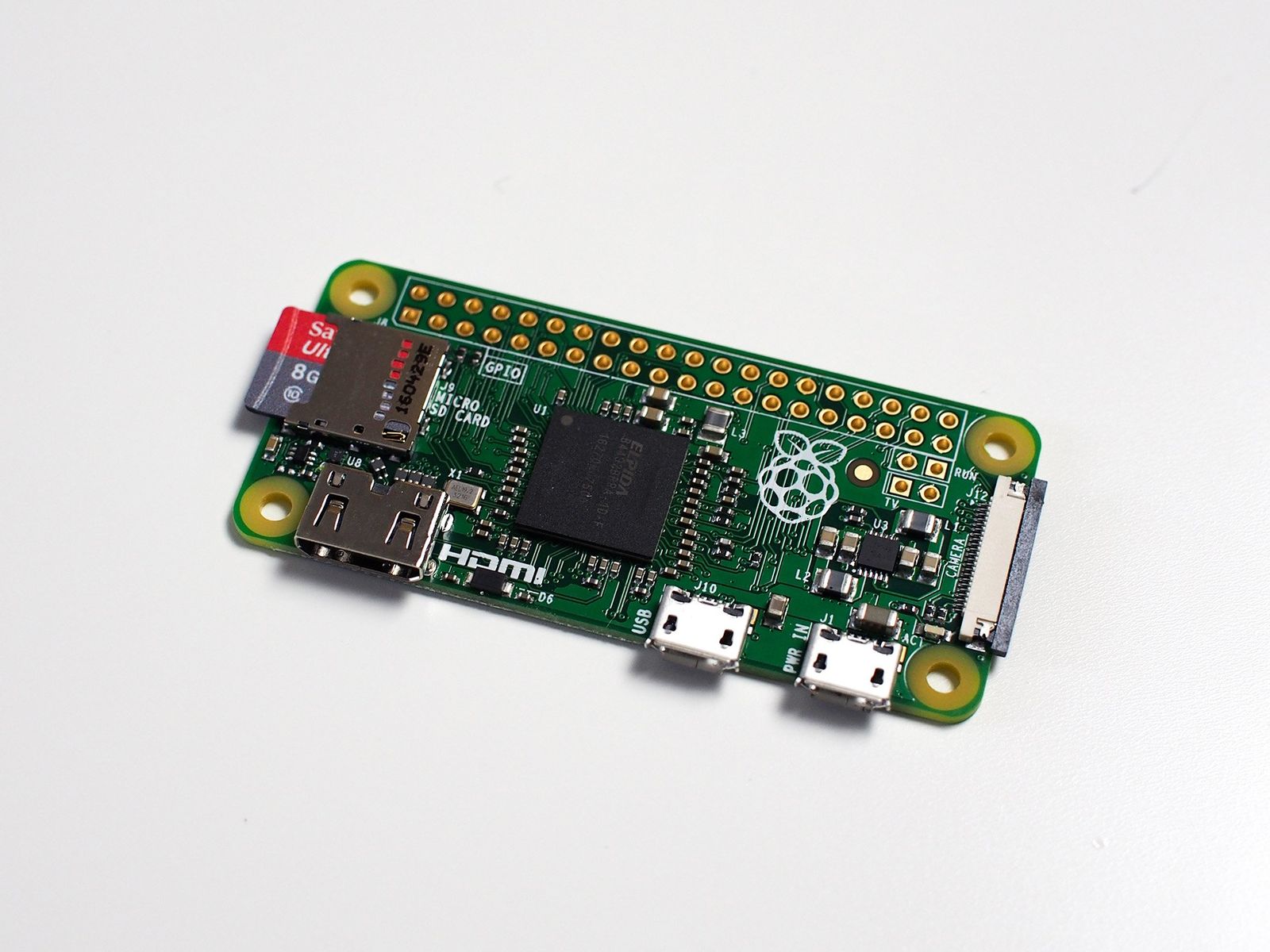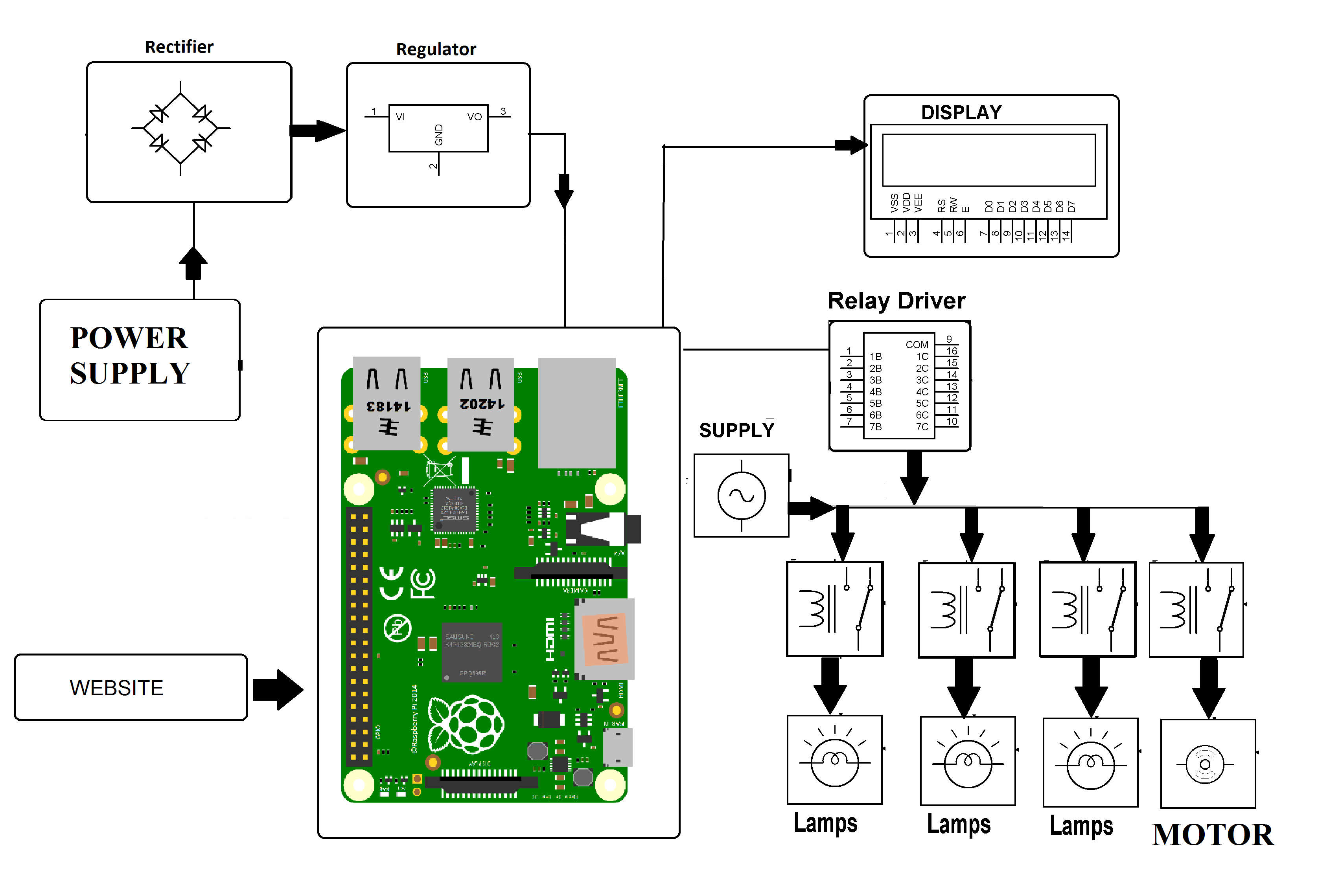RemoteIoT Web SSH Raspberry Pi Download: Your Ultimate Guide To Secure And Seamless Remote Access
Hey there, tech enthusiasts! Let's dive straight into the world of remote connectivity because let's be honest, who doesn’t want to control their Raspberry Pi from anywhere in the world? RemoteIoT Web SSH Raspberry Pi download is your golden ticket to unleashing the full potential of your beloved Pi, no matter where you are. Whether you're a seasoned developer or just starting out, this setup is a game-changer. So, buckle up and let’s explore why this solution is making waves in the tech community.
Imagine being able to manage your home automation system, monitor your security cameras, or run complex scripts—all from the comfort of your couch or even while you're sipping coffee on the other side of the globe. That’s the power of RemoteIoT Web SSH for Raspberry Pi. With the right tools and a little know-how, you can set up a secure and efficient remote connection in no time. Stick around, and we'll show you how!
Now, before we dive deep into the technicalities, let’s address the elephant in the room—why should you care about remote access for your Raspberry Pi? Well, it's not just about convenience; it’s about expanding the possibilities of what you can achieve with your projects. Whether you're running a server, hosting a website, or experimenting with IoT devices, having remote access gives you flexibility and control like never before. So, let's get started!
- Bollyflix 2 Your Ultimate Guide To The World Of Streaming Movies
- Hdhub4u Your Ultimate Destination For Highquality Entertainment
What is RemoteIoT Web SSH Raspberry Pi?
Alright, let’s break it down. RemoteIoT Web SSH Raspberry Pi is essentially a method to establish a secure connection between your computer or smartphone and your Raspberry Pi over the internet. SSH (Secure Shell) is the protocol that makes this possible, providing a safe way to interact with your Pi remotely. With the RemoteIoT setup, you can access your Raspberry Pi through a web-based interface, which means no more hassle with terminal commands or complex configurations.
Here’s the kicker: this setup isn’t just for geeks. Even if you’re new to Raspberry Pi, you can still set it up with ease. Plus, it comes with added security features to ensure your data stays protected. RemoteIoT is designed to simplify the process of managing your Pi from anywhere, making it an excellent choice for both beginners and advanced users alike.
Why Choose RemoteIoT for Raspberry Pi?
There are plenty of ways to connect to your Raspberry Pi remotely, but RemoteIoT stands out for several reasons. First and foremost, it’s incredibly user-friendly. No need to mess around with port forwarding or complicated network settings. Just install the necessary software, configure a few settings, and you’re good to go.
- Ullu Web Series Hot The Ultimate Guide To Indias Most Sizzlin Digital Entertainment
- Aagmals The Ultimate Guide To Understanding And Maximizing Its Potential
Secondly, it offers top-notch security. SSH ensures that all communication between your device and Raspberry Pi is encrypted, keeping prying eyes at bay. And with the added layer of protection provided by RemoteIoT, you can rest assured that your Pi is safe from unauthorized access.
Lastly, RemoteIoT is highly versatile. Whether you’re using Windows, macOS, or Linux, you can access your Raspberry Pi with ease. And if you’re on the go, there’s even a mobile app available, so you can manage your Pi from your phone or tablet.
How to Download RemoteIoT for Raspberry Pi
Ready to get started? The first step is downloading the RemoteIoT software for your Raspberry Pi. Here’s a quick guide to help you through the process:
Step 1: Head over to the official RemoteIoT website and download the latest version of the software. Make sure to choose the version compatible with your Raspberry Pi model.
Step 2: Once the download is complete, transfer the file to your Raspberry Pi using a USB drive or SCP (Secure Copy Protocol).
Step 3: Open the terminal on your Raspberry Pi and navigate to the directory where the file is located. Then, run the installation script to install RemoteIoT on your device.
Voilà! You’re now ready to set up your remote connection. But wait, there’s more. Let’s dive into the configuration process to ensure everything runs smoothly.
Configuring RemoteIoT for Secure Access
Setting up RemoteIoT involves a few simple steps to ensure your Raspberry Pi is secure and accessible from anywhere. Here’s what you need to do:
- Generate SSH Keys: This is crucial for secure authentication. Use the ssh-keygen command to create a pair of public and private keys.
- Enable SSH on Raspberry Pi: Make sure SSH is enabled on your Raspberry Pi. You can do this by running the command sudo raspi-config and navigating to the SSH option.
- Install RemoteIoT: Follow the installation instructions provided with the software to ensure everything is set up correctly.
- Test the Connection: Use a web browser or the RemoteIoT app to connect to your Raspberry Pi and verify that everything is working as expected.
With these steps, you’ll have a secure and reliable remote connection to your Raspberry Pi in no time. But don’t stop here—let’s explore some advanced features that can take your setup to the next level.
Advanced Features of RemoteIoT
RemoteIoT isn’t just about basic remote access; it offers a range of advanced features to enhance your experience. Here are a few highlights:
File Transfer Made Easy
With RemoteIoT, you can easily transfer files between your Raspberry Pi and other devices. Whether you’re uploading scripts, downloading backups, or sharing media files, the process is seamless and secure.
Real-Time Monitoring
Stay on top of your Raspberry Pi’s performance with real-time monitoring. RemoteIoT provides insights into CPU usage, memory, and disk space, helping you optimize your device for peak performance.
Customizable Dashboards
Create personalized dashboards to display the information that matters most to you. From system stats to custom scripts, you can tailor your RemoteIoT interface to suit your needs.
These advanced features make RemoteIoT an indispensable tool for anyone working with Raspberry Pi. But remember, with great power comes great responsibility. Always prioritize security when setting up your remote access.
Security Best Practices for RemoteIoT
Security should always be at the forefront of your mind when setting up remote access for your Raspberry Pi. Here are some best practices to keep your device safe:
- Use Strong Passwords: Avoid using common or easily guessable passwords. Opt for a mix of uppercase and lowercase letters, numbers, and special characters.
- Enable Two-Factor Authentication: Add an extra layer of security by enabling two-factor authentication for your RemoteIoT account.
- Keep Software Updated: Regularly update your Raspberry Pi’s operating system and RemoteIoT software to protect against vulnerabilities.
- Restrict Access: Limit access to your Raspberry Pi to trusted devices and IP addresses to minimize the risk of unauthorized access.
By following these best practices, you can ensure that your Raspberry Pi remains secure and protected from potential threats.
Troubleshooting Common Issues
Even with the best setup, things can sometimes go wrong. Here are some common issues you might encounter with RemoteIoT and how to fix them:
Connection Problems
If you’re having trouble connecting to your Raspberry Pi, check the following:
- Ensure that SSH is enabled on your Raspberry Pi.
- Verify that your network settings are correct.
- Make sure there are no firewalls blocking the connection.
Slow Performance
If your Raspberry Pi is running slowly, try the following:
- Clear unnecessary files and free up disk space.
- Optimize your scripts and processes for better performance.
- Consider upgrading your Raspberry Pi model for more power.
By addressing these issues promptly, you can ensure a smooth and hassle-free experience with RemoteIoT.
Real-World Applications of RemoteIoT
Now that you know how to set up and use RemoteIoT, let’s explore some real-world applications where this technology shines:
Home Automation
Use RemoteIoT to control smart home devices, monitor energy usage, and automate daily tasks. From adjusting the thermostat to turning lights on and off, the possibilities are endless.
Remote Monitoring
Set up cameras and sensors around your home or office and monitor them remotely using your Raspberry Pi. This is perfect for security systems or environmental monitoring.
Web Hosting
Turn your Raspberry Pi into a web server and host your own website or blog. With RemoteIoT, you can manage your server from anywhere, making updates and maintenance a breeze.
These applications highlight the versatility and potential of RemoteIoT for Raspberry Pi. Whether you’re a hobbyist or a professional, there’s something for everyone.
Future Trends in RemoteIoT
As technology continues to evolve, so does the world of remote access. Here are a few trends to watch out for in the future of RemoteIoT:
AI Integration: Expect to see more AI-driven features in RemoteIoT, such as predictive maintenance and automated troubleshooting.
Quantum Encryption: With advancements in quantum computing, we may see new encryption methods that make remote connections even more secure.
IoT Expansion: As more devices become connected, RemoteIoT will likely expand its capabilities to support a wider range of IoT devices.
Stay tuned for these exciting developments and see how they shape the future of remote access.
Conclusion: Take Your Raspberry Pi to the Next Level
And there you have it—a comprehensive guide to RemoteIoT Web SSH Raspberry Pi download and setup. Whether you’re looking to streamline your home automation system, enhance your security setup, or simply manage your Raspberry Pi from afar, RemoteIoT has got you covered.
So, what are you waiting for? Download RemoteIoT today and take your Raspberry Pi projects to the next level. Don’t forget to share your experiences in the comments below and check out our other articles for more tech tips and tricks. Happy tinkering, and see you on the flip side!
Table of Contents
- What is RemoteIoT Web SSH Raspberry Pi?
- Why Choose RemoteIoT for Raspberry Pi?
- How to Download RemoteIoT for Raspberry Pi
- Configuring RemoteIoT for Secure Access
- Advanced Features of RemoteIoT
- Security Best Practices for RemoteIoT
- Troubleshooting Common Issues
- Real-World Applications of RemoteIoT
- Future Trends in RemoteIoT
- Conclusion: Take Your Raspberry Pi to the Next Level
- Somali Wasmo Telegram 2025 Your Ultimate Guide To The Latest Trends And Insights
- Ullu Web Series Video The Ultimate Guide To Indias Hottest Digital Content

Mastering RemoteIoT Web SSH Raspberry Pi Download Your Ultimate Guide

Remote IoT Web SSH Raspberry Pi Free Download & Setup Guide

Remote IoT Web SSH Raspberry Pi Free Download The Ultimate Guide To